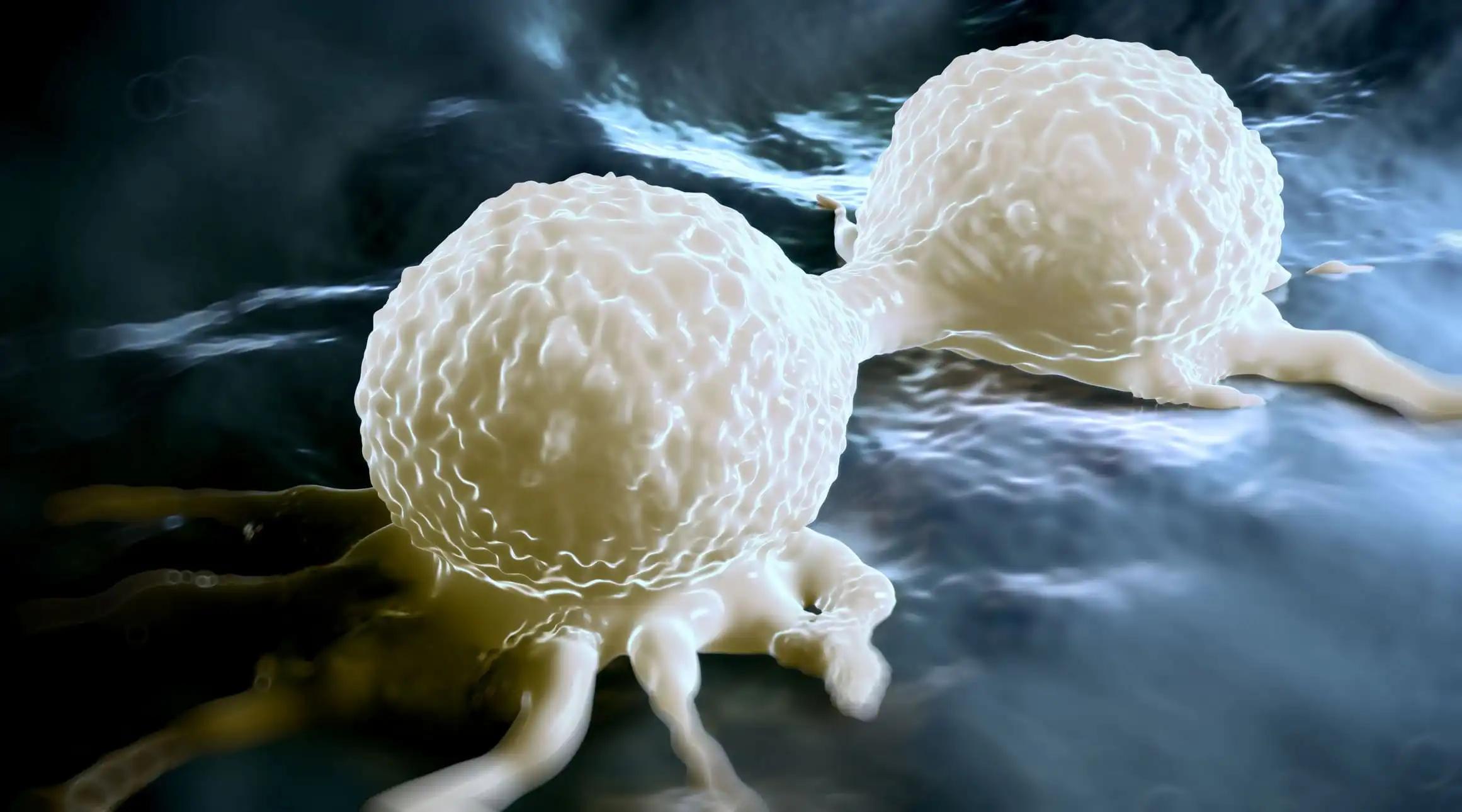KEY TAKEAWAYS
- The study aimed to develop multifunctional nanoparticles to enhance chemotherapy efficacy and remodel the TME for BC treatment.
- The study concluded that multifunctional nanoparticles, co-loaded with Squ, R848, and IR 780, show promising therapeutic potential for breast tumors.
Globally, breast cancer, a heterogeneous disease, sees approximately 1 million new cases annually. Though chemotherapy is the primary treatment, efficacy requires enhancement.
Xi Wang and the team aimed to develop 2 multifunctional nanoparticles using oleic acid and mPEG2k-PCL2k as drug carriers to enhance chemotherapy efficacy and remodel the tumor microenvironment (TME) for BC treatment.
The study developed 2 multifunctional nanoparticles using oleic acid and mPEG2k-PCL2k as drug carriers. Squamocin (Squ) served as a chemotherapeutic agent. Additionally, nanoparticles co-encapsulated Resiquimod (R848) or ginsenoside Rh2 to remodel the immunosuppressive tumor microenvironment, while IR780 was coloaded as a photosensitizer to enable photothermal therapy.
The obtained Squ-R848-IR780 nanoparticles and Squ-Rh2-IR780 nanoparticles were uniformly spherical with average diameters of approximately (162.200 ± 2.800) nm and (157.300 ± 1.1590) nm, respectively. They exhibited good encapsulation efficiency (above 85% for each drug), excellent stability in various physiological media, and high photothermal conversion efficiency (24.10% and 22.58%, respectively).
Upon intravenous administration, both types of nanoparticles rapidly accumulated in the tumor and effectively increased the local temperature to over 45°C when irradiated with an 808 nm laser. Treatment with Squ nanoparticles alone at a low dose of 0.1 mg/kg resulted in a tumor inhibition rate of 55.28%, a pulmonary metastasis inhibition rate of 59.47%, and a mean survival time of 38 days, surpassing those of PTX injection (8 mg/kg) (43.64%, 25 days, and 37.25%, respectively), indicating Squ’s potent antitumor efficacy.
Both multifunctional nanoparticles, Squ-Rh2-IR780 nanoparticles, and Squ-R848-IR780 nanoparticles, demonstrated even greater therapeutic efficacy, with tumor inhibition rates of 90.02% and 97.28%, pulmonary metastasis inhibition rates of 95.42% and 98.09%, and mean survival times of 46 days and 52 days, respectively.
The study concluded that multifunctional nanoparticles, co-loaded with Squ, R848, and IR 780, demonstrate remarkable therapeutic efficacy and exceptional antimetastasis activity. They show promise for future treatment of breast tumors and potentially other types of tumors.
No funding-related information was available.
Source: https://pubmed.ncbi.nlm.nih.gov/38803997/
Wang X, Liu X, Guo Y, et al. (2024). “The Remarkable Anti-Breast Cancer Efficacy and Anti-Metastasis by Multifunctional Nanoparticles Co-Loading Squamocin, R848 and IR 780.” Int J Nanomedicine. 2024 May 23;19:4679-4699. doi: 10.2147/IJN.S448860. PMID: 38803997; PMCID: PMC11129788.



